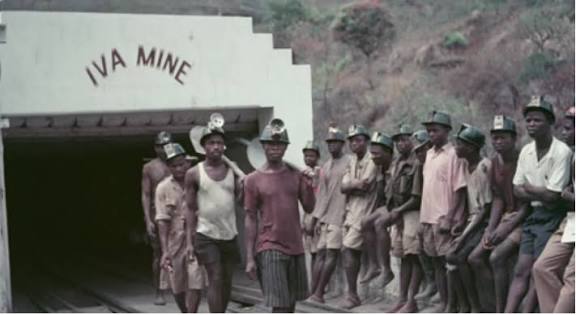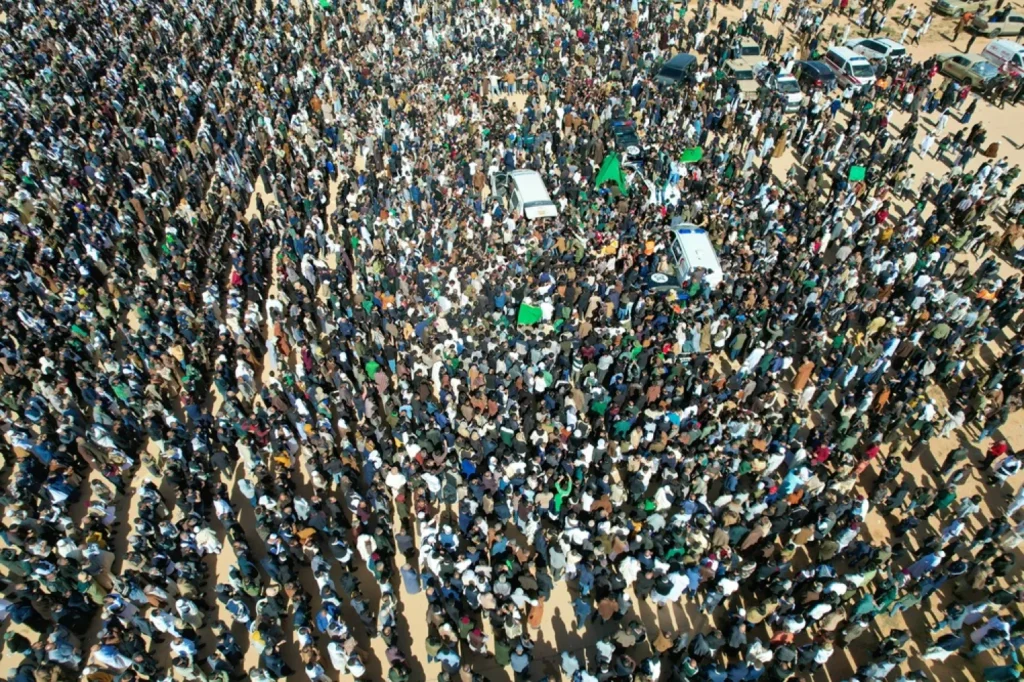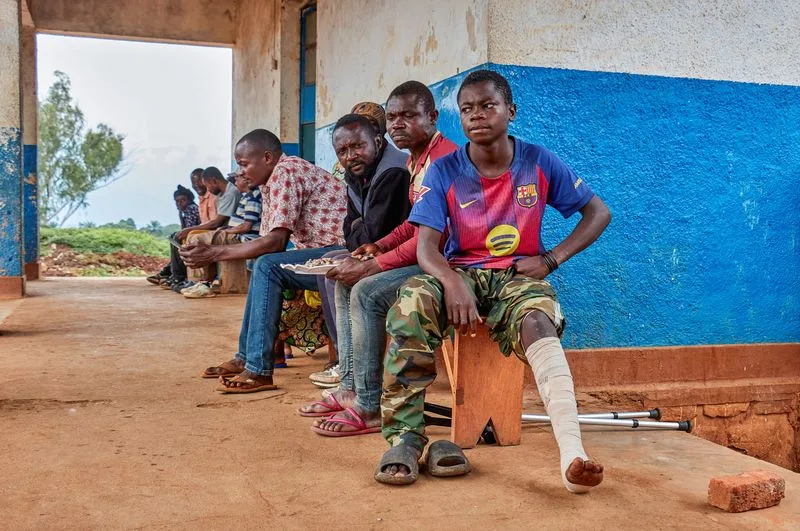
Landlocked Botswana is seeking to bypass South Africa’s struggling logistics network by building a 1,500-kilometer railway to a Namibian port, fueled by unsolicited investor interest and a desire to diversify its trade routes.
The Trans-Kalahari Railway project, which aims to connect Botswana’s capital Gaborone with Namibia’s Atlantic port of Walvis Bay, has gained momentum in recent months as neighboring South Africa’s state-owned rail and ports operator, Transnet, grapples with crippling inefficiencies.
“We learned in June that the waiting period at all South African ports can be a minimum of two weeks,” Botswana’s Transport and Public Works Minister Eric Molale said in a recent interview. “This has caught the attention of investors from across the globe, including the UAE, Qatar, China, and India, who see this as a comparatively short and efficient route.”
Transnet’s woes, including power outages and port gridlock, have not only hampered South Africa’s own economy but also impacted neighboring countries like Botswana, a major diamond producer and beef exporter reliant on South African trade routes. The Trans-Kalahari Railway, Molale believes, could even benefit South African companies by offering a shorter alternative to its own congested ports.
The project, originally conceived in 2010 to transport coal from eastern Botswana, faces a new reality with declining coal prices and investor skepticism. Instead, its focus has shifted towards facilitating exports from the burgeoning Kalahari Copperbelt in western Botswana.
Botswana and Namibia are not alone in seeking improved trade routes. The US is backing a rail line connecting Zambia’s copper and cobalt mines to Angola’s Lobito port, while China is involved in a similar project linking Zambia with Tanzania’s Dar es Salaam port. These efforts highlight the growing importance of efficient transportation for African nations seeking to access global markets and capitalize on the demand for minerals crucial to the clean energy transition.
With a bi-national project office established in 2015, the Trans-Kalahari Railway has attracted interest from 12 companies, with a request for proposals expected in March 2024 and construction slated to begin in January 2025. As Molale aptly states, “There is a lot of money out there in the world,” and Botswana is determined to leverage this interest to carve out a new path for its trade future.




